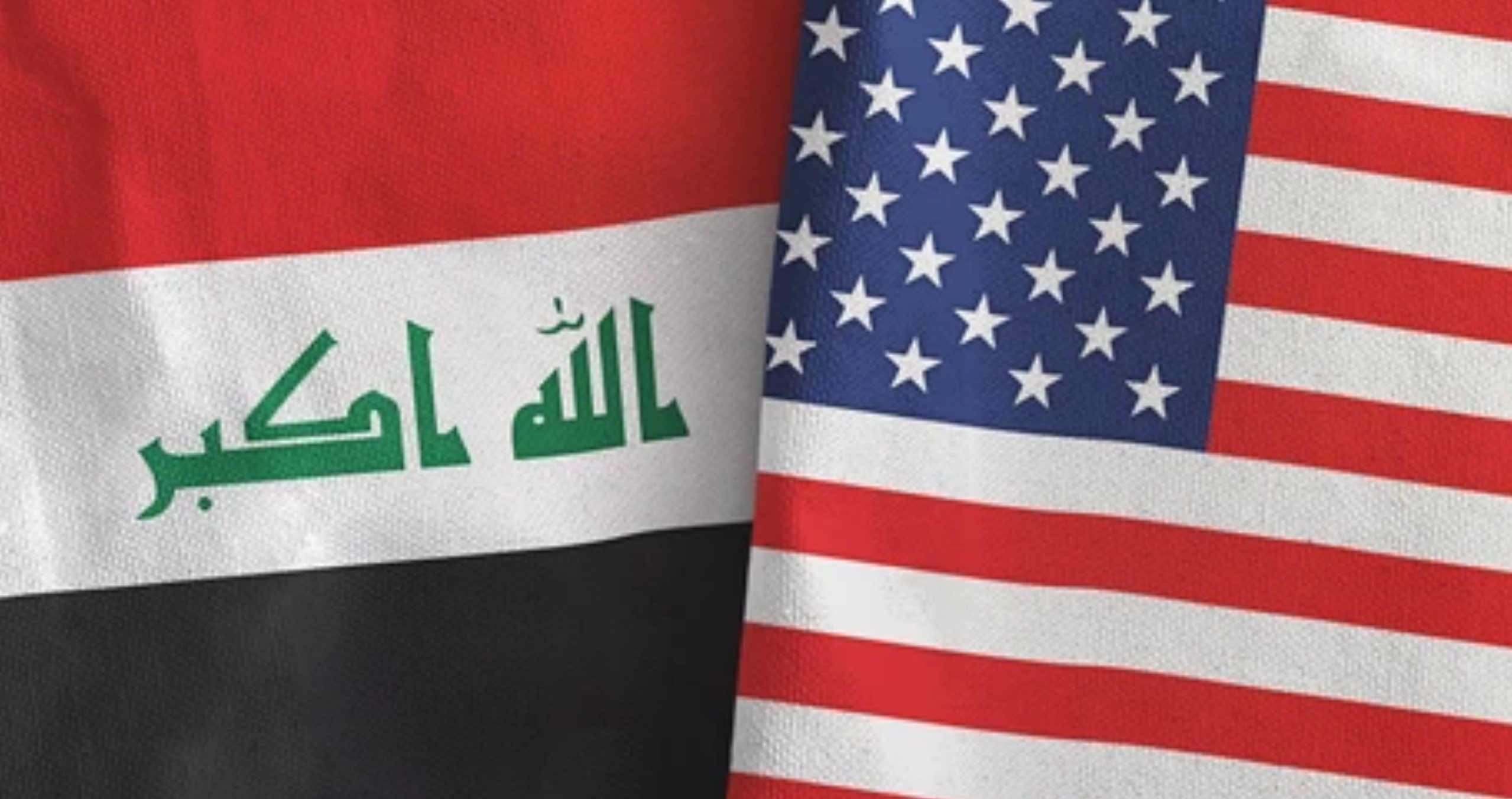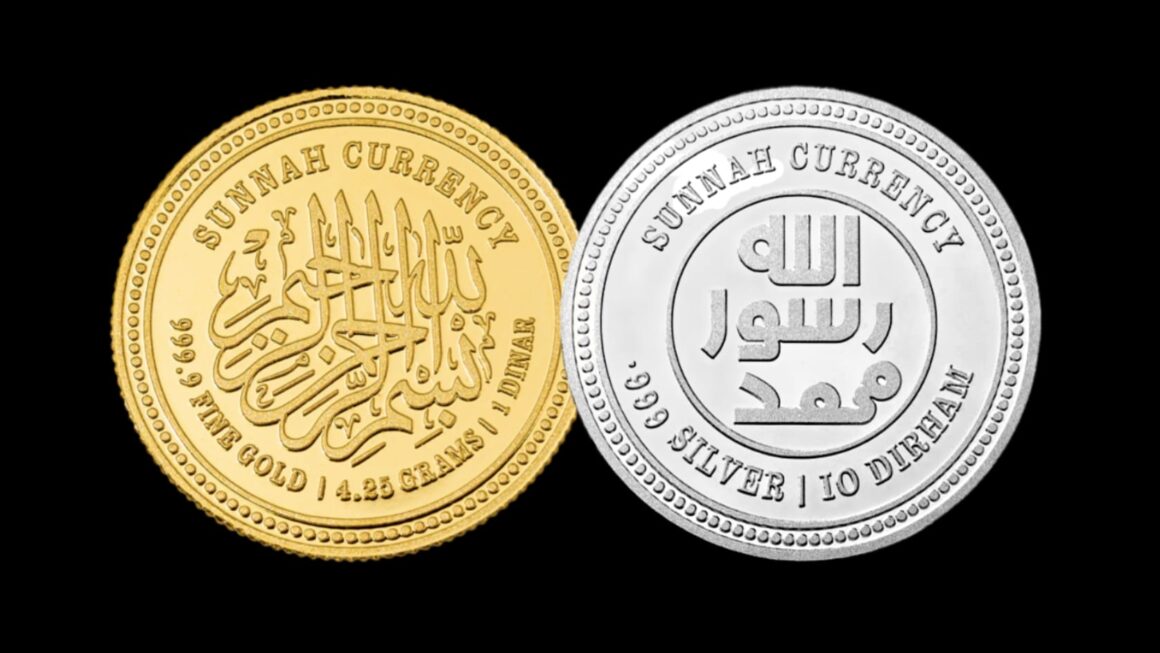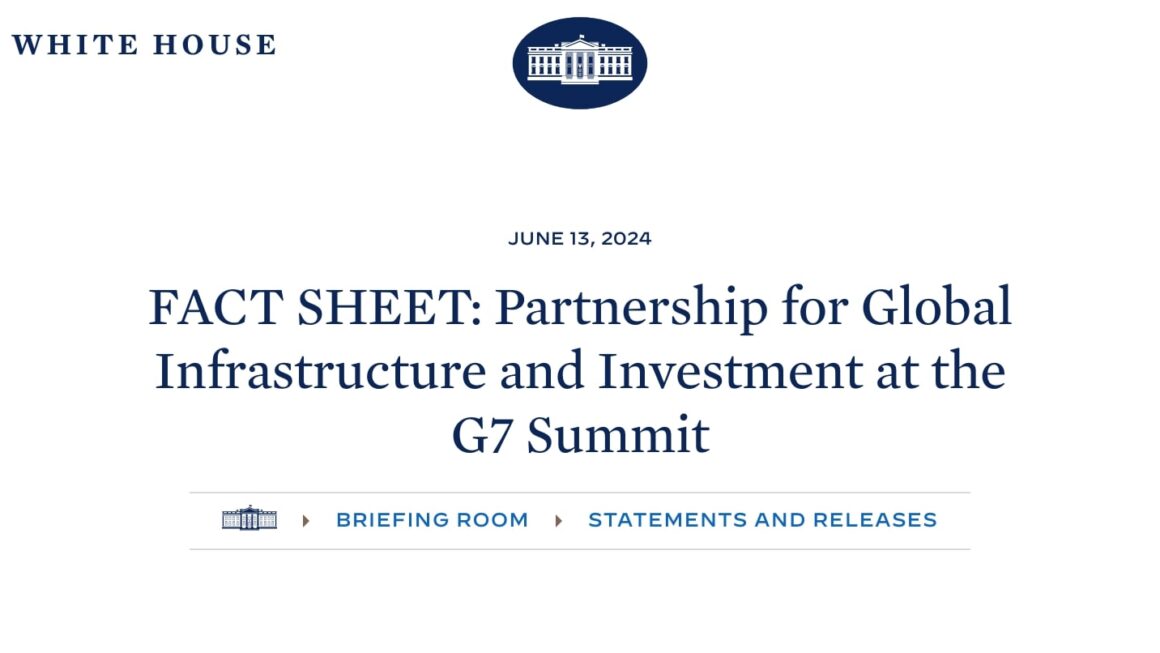In a twist of fate that could be considered ironic by many, Iraq, a nation whose recent history has been intertwined with the U.S. dollar, is set to embark on a transformative journey to de-dollarise its economy by December 31, 2023. This bold move, laden with historical significance, raises eyebrows and sparks conversations about the evolving landscape of global economics and financial sovereignty.
Historical Dollar Dependency:
Iraq’s association with the U.S. dollar has deep roots. Following the fall of Saddam Hussein in 2003, the country’s economy became heavily reliant on the dollar. International oil transactions, foreign investments, and trade deals were predominantly denominated in U.S. dollars, a trend reflective of the global economic hegemony the dollar enjoyed.
A Paradigm Shift:
However, in a surprising turn of events, Iraq has announced its intention to shift away from this dollar-centric model. This decision to de-dollarise comes against a backdrop of global economic realignments, where nations are increasingly diversifying their currency reserves and trade denominations to reduce dependence on any single currency, especially the U.S. dollar.
The Ironic Undertone:
The irony of this situation is hard to miss. Iraq, a nation whose recent history has seen significant U.S. involvement, is now poised to challenge the very currency that has been instrumental in its economic landscape. The move signifies Iraq’s determination to assert its financial sovereignty and make independent decisions that shape its economic destiny.
Navigating Challenges:
Yet, this transition is not without challenges. Adapting the entire economic infrastructure to accommodate multiple currencies, managing exchange rate fluctuations, and ensuring market confidence all present formidable tasks. Iraq’s ability to navigate these challenges will be closely watched by economists, policymakers, and the international community.
Global Implications:
Iraq’s decision to de-dollarise reverberates far beyond its borders. It adds momentum to the growing global trend of de-dollarisation, questioning the longstanding dominance of the U.S. dollar in international trade. As more countries diversify their currency holdings, the global economic landscape might witness transformative shifts, altering the dynamics of international finance and trade relations.
Conclusion:
The irony of Iraq’s decision to de-dollarise is not lost on the world. This unexpected turn of events underscores the unpredictable nature of global economics and the evolving dynamics between nations and currencies. As Iraq prepares to embrace a multi-currency future, the world watches, intrigued by the unfolding narrative and the potential implications for the future of international finance. In this ironic twist, Iraq stands as a symbol of change, challenging established norms and paving the way for a new era in the global economic arena.














